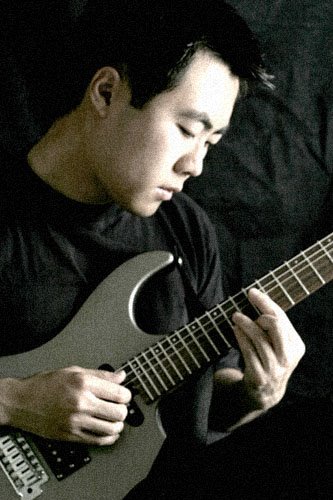First of all, sorry that I couldn't make any updates for the last two weeks; I had been quite tardy with these posts and haven't been able to bring myself to make a few minutes' time to type up an entry.
I was watching the new game show on NBC - "Deal or no deal," starring Howie Mandel, and the statistical nature of the game piqued my interest, and I felt compelled to comment. It was set up thusly: There are 26 identical cases, containing prizes ranging from $0.01 to $1,000,000. A contestant chooses a single case which is "their case" for the duration of the game. At various points, the contestant must eliminate a number of cases from the 26, at which point their contents are revealed. Using this information a "banker" - a producer of the show - will offer the contestant a deal where they can accept a set amount of money, or continue to select cases to remove, and revealing further information. The first few stages are marked by very low expected values of deals offered by the bank: the offer would be $12,000, where the average value of the contents of the remaining cases was well over $50,000. The pivotal moment of the show, however, was later on in the game...
The contestant was down to four cases remaining, each containing one of these sums:
- $75
- $300
- $50,000
- $500,000
A deal was offered where she could walk away with a lump sum of
$130,000, or must choose one more case to open and thereby eliminate; and be offered another deal.
Given that the average or expected value of the remaining cases was
(75+300+50000+500000) / 4 = $137,593.75
This meant that the producer offered nearly even odds as a deal; the perfect gambler at this point may think that since the expected value of the remaining prize was greater than the deal offered, the contestant should decline the offer and continue to play. In fact, this was what she did, and unfortunately, she opened the $500,000 case and her expected value dropped to $16,791. Predictably, the next deal offered was for $17,000.
Quite interesting to see how people react in the face of even odds. Basic economics states that risk seekers would always choose to take the next gamble, and risk averse players would take a deal that would be slightly less than the expected value of the gamble.
How would you play?

